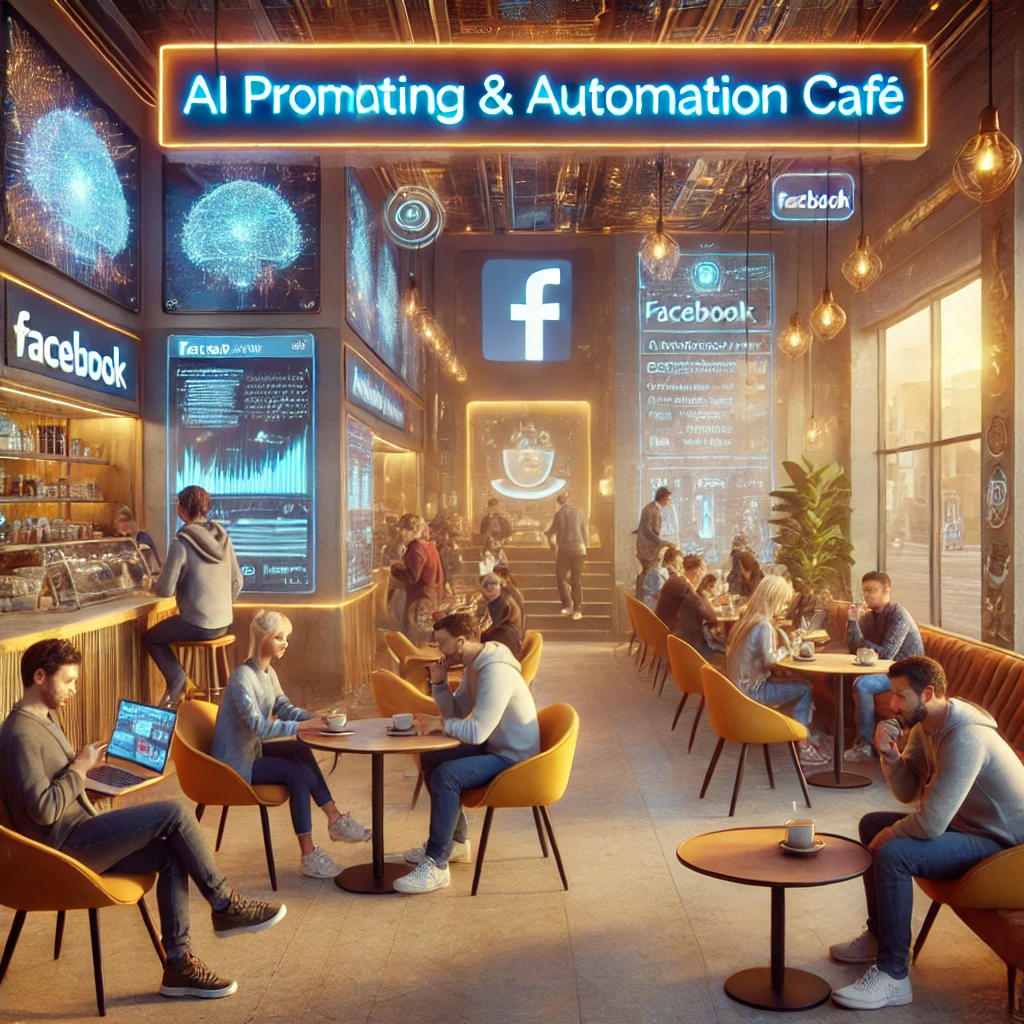The Rapid Evolution of AI: Unlocking New Career Paths
In just the past five years, the artificial intelligence (AI) industry has undergone a dramatic transformation. Once a niche domain reserved for research labs and tech giants, AI has now permeated nearly every industry, driving innovation, automation, and new economic models. With this acceleration, the job landscape has shifted radically, giving rise to several high-paying roles that didn’t even exist five years ago.
As companies around the world integrate AI into their operations, a new wave of professionals is stepping up to fill the gap. These roles combine technical expertise, strategic thinking, ethics, and creative problem-solving, offering lucrative opportunities to those equipped with the right skills.
Below are four of the most in-demand and well-compensated new AI careers that have emerged recently.
1. AI Prompt Engineer
What is an AI Prompt Engineer?
AI Prompt Engineers are specialists who design and optimize prompts to extract accurate, meaningful, and consistent outcomes from generative AI models such as ChatGPT, DALL·E, and Claude. Their work focuses on the interface between human intention and machine output—essentially, they’re experts in communicating with AI to achieve the desired results.
Why the Role Matters:
With the rise of generative AI, proper prompt engineering can mean the difference between a useful result and a confusing or biased one. Businesses rely on prompt engineers to fine-tune AI interactions for everything from customer service automation to creative content generation.
Key Responsibilities:
- Designing effective prompts for natural language models
- Testing and refining prompt formulations for consistency and accuracy
- Collaborating with product teams to integrate AI systems into user-facing applications
- Understanding model limitations and mitigating hallucination risks
Average Salary:
$150,000 to $250,000+ annually, depending on experience and industry specialization.
2. AI Ethics and Policy Advisor
What is an AI Ethics and Policy Advisor?
As AI systems increasingly impact decisions relating to employment, healthcare, criminal justice, and more, the need for oversight and ethical considerations is paramount. AI Ethics and Policy Advisors ensure responsible deployment of AI technologies, advising organizations on compliance, fairness, bias mitigation, and regulatory adherence.
Why the Role Matters:
With governments and global bodies introducing AI legislation (e.g., the EU AI Act or U.S. AI Bill of Rights), companies cannot afford to ignore ethics and governance. Ethics advisors help organizations avoid costly legal and reputational risks while ensuring their AI strategies align with human values.
Key Responsibilities:
- Creating ethical AI guidelines and best practices for organizations
- Conducting impact assessments on AI algorithms and data use
- Collaborating with legal teams to ensure regulatory compliance
- Educating stakeholders on bias, transparency, and fairness
Average Salary:
$140,000 to $220,000+ annually, particularly in larger corporations and startups working with sensitive data sets.
3. AI UX Designer
What is an AI UX Designer?
An AI UX (User Experience) Designer merges traditional UX design with a deep understanding of machine learning. These professionals create intuitive, user-friendly interfaces for AI-driven tools and platforms. The challenge they tackle is not just making a product aesthetically pleasing but also helping users interact with complex AI systems seamlessly.
Why the Role Matters:
AI models are only as useful as the experiences through which users interact with them. Whether it’s a voice assistant, customer support chatbot, or diagnostic tool in healthcare, the design and usability of these interfaces play a major role in adoption and effectiveness.
Key Responsibilities:
- Designing user interfaces tailored to AI systems (chatbots, recommendation engines, etc.)
- Collaborating with data scientists and ML engineers to shape product experience
- Conducting user research to improve interaction with AI features
- Prototyping and usability testing to refine interfaces
Average Salary:
$130,000 to $200,000 annually, with premium rates for designers working in industries like healthcare, fintech, and enterprise software.
4. Digital Twin Simulation Engineer
What is a Digital Twin Simulation Engineer?
The concept of a “digital twin” refers to the creation of virtual replicas of physical systems, processes, and environments. Digital Twin Engineers work with AI and simulation technologies to create models that allow companies to simulate scenarios like factory logistics, equipment performance, or environmental impacts.
Why the Role Matters:
Digital twins combine IoT (Internet of Things), AI, and data analytics to give companies powerful tools for predictive insights and optimization. As industries move toward smart manufacturing and digital-first models, the demand for simulation engineers has skyrocketed.
Key Responsibilities:
- Developing digital models of real-world systems using machine learning and data modeling
- Simulating operational scenarios to identify efficiencies and prevent failures
- Integrating sensor data from IoT devices for real-time monitoring and analytics
- Collaborating with engineers and analysts to refine performance predictions
Average Salary:
$145,000 to $240,000, especially in sectors like aerospace, automotive, energy, and logistics.
The Skills That Drive The Future of Work
While each of these roles has unique responsibilities, a few core skills overlap and serve as strong foundational assets for those considering a career in the new AI-driven workforce:
- Strong understanding of machine learning or data analytics
- Cross-functional collaboration across design, engineering, and product teams
- Attention to detail and problem-solving skills to work with complex systems
- Communication and ethical reasoning—especially for roles that deal with public-facing AI applications
Higher education and traditional degrees still hold value, but increasingly, employers emphasize real-world project experience, portfolio work, and domain expertise over formal credentials. Micro-credentials in tools like TensorFlow, PyTorch, Adobe XD, or AI compliance frameworks can significantly boost a candidate’s visibility in the job market.
What Industries Are Hiring?
AI-driven roles are no longer confined to Silicon Valley tech companies. A wide variety of industries are aggressively hiring for these roles:
- Healthcare – AI diagnostics, drug discovery, medical imaging
- Finance – fraud detection, predictive analytics, chatbot automation
- Retail – inventory forecasting, personalized shopping experiences
- Manufacturing – smart factories, predictive maintenance
- Media and Entertainment – creative AI tools, audience targeting, and content creation
The Path Ahead: Preparing for AI-Centric Careers
The next five years are poised to introduce even more roles that we can’t anticipate today. The best way to future-proof your career is to adopt a mindset of lifelong learning, stay updated on evolving technologies, and be open to interdisciplinary skillsets.
If you’re looking to transition into AI or refine your position in the digital economy, focus on building:
- Interdisciplinary knowledge—combining design, tech, science, and ethics
- Hands-on AI projects in real-world scenarios
- Collaboration and networking with other professionals in the space
Conclusion
The past five years have redefined what’s possible in the job world, thanks to the rapid adoption of AI. Careers like AI Prompt Engineer, AI Ethics Advisor, AI UX Designer, and Digital Twin Engineer weren’t even recognized job titles until recently—but today, they represent some of the most lucrative opportunities in the tech landscape.
As artificial intelligence continues to evolve, new roles will emerge, industries will transform, and professionals who embrace this change will be well-positioned to lead in the future of work.
Now is the time to explore these roles and invest in the skills you’ll need to thrive in the era of intelligent systems.






